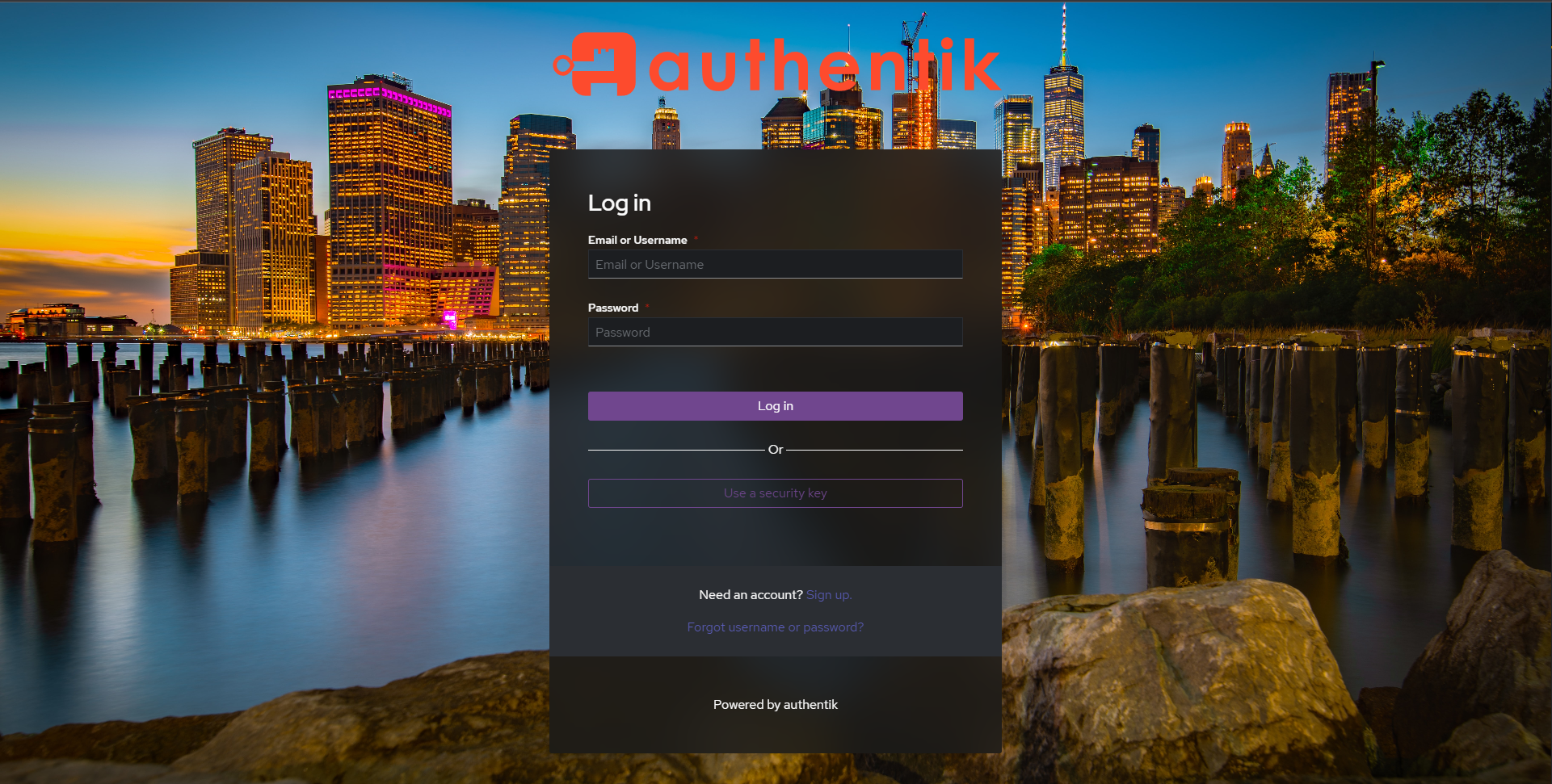I’ve been in the tech game long enough to try just about every hosting option available. Today, I want to share my personal journey and the lessons I’ve learned about self-hosting versus cloud hosting. For me, self-hosting isn’t just a cost-saving measure—it’s a passion project, a way to maintain complete control over my digital life, and a constant learning experience.
My Journey Into Self-Hosting
A few years ago, I decided I wanted to host all my services—my website, blog, personal projects, and even a few niche apps—on my own hardware. I was tired of the “black box” approach of cloud services. While cloud providers offer convenience, they often mean relinquishing control over your data and sometimes paying more for features that I felt I could manage on my own. Setting up a self-hosted server allowed me to experiment with everything from DNS configurations and SSL certificates to reverse proxies and automated backups.
I remember the first time I configured Nginx as a reverse proxy to route traffic to different apps running on separate ports. It was challenging at first, but that hands-on experience was invaluable. Not only did I save on recurring fees, but I also gained a deep understanding of how the internet really works.
The Allure of Cloud Hosting
Don’t get me wrong—cloud hosting has its merits. Providers like AWS, Google Cloud, and Azure offer scalability, reliability, and minimal maintenance overhead. Their managed services mean you rarely need to worry about the nitty‐gritty details of server management. For startups or businesses where uptime and scalability are mission-critical, cloud hosting can be a lifesaver.
However, for my personal projects, the trade-offs didn’t add up. Cloud hosting often comes with subscription fees that can add up over time, and I found that I was paying for features I didn’t really need. Plus, when it comes to privacy and control, I prefer knowing exactly where my data lives and how it’s managed.
Why I Choose Self-Hosting
Complete Control & Customization
Self-hosting means I’m in the driver’s seat. I can customize the server environment to perfectly suit my needs without being limited by a vendor’s restrictions. Whether it’s tweaking performance parameters, setting up custom security rules, or even experimenting with new software, I have the freedom to do it my way.
Privacy & Independence
There’s a certain peace of mind in knowing that my data isn’t spread across multiple third-party servers. By self-hosting, I avoid vendor lock-in and maintain full ownership of my digital assets. This independence is especially important for a tech enthusiast who values transparency and control over every aspect of their online presence.
Cost Efficiency for the Hobbyist
While cloud services shine when you need to scale rapidly, for my relatively steady workload, self-hosting is incredibly cost-effective. With affordable hardware, a stable internet connection, and a bit of DIY spirit, I keep my monthly costs low—often not much more than the price of a good cup of coffee.
Continuous Learning
Every day is a school day when you self-host. From automating server provisioning with tools like Ansible to setting up reverse proxies and managing dynamic DNS, I’m constantly sharpening my skills. This hands-on approach not only keeps me engaged but also makes troubleshooting and maintenance a rewarding challenge.
When Cloud Hosting Might Make Sense
Of course, I’m not saying self-hosting is the best solution for everyone. If you’re running a high-traffic business, need near-perfect uptime, or simply don’t have the time to manage servers, a cloud-hosted solution might be a better fit. Cloud services are optimized for scalability and can handle sudden spikes in traffic without missing a beat.
So, Which Should You Choose?
For me, the answer has always been clear: I self-host all my services because I love the control, the cost efficiency, and the continuous learning that comes with it. However, your choice depends on your priorities:
- If you value ease-of-use and scalability—and are okay with the recurring fees—cloud hosting might be the way to go.
- If you want full control, privacy, and the satisfaction of managing your own infrastructure—and you’re willing to invest a little extra time—self-hosting is a rewarding option.
In my experience, the DIY route has not only kept my monthly expenses low but has also enriched my understanding of technology in ways that cloud services simply can’t offer.
Final Thoughts
There’s no one-size-fits-all answer here. Both self-hosting and cloud hosting come with their own sets of benefits and challenges. For my personal projects, self-hosting has been a fulfilling journey—one that keeps me in control, continuously learning, and deeply connected to the technology I use every day.




Post Comment